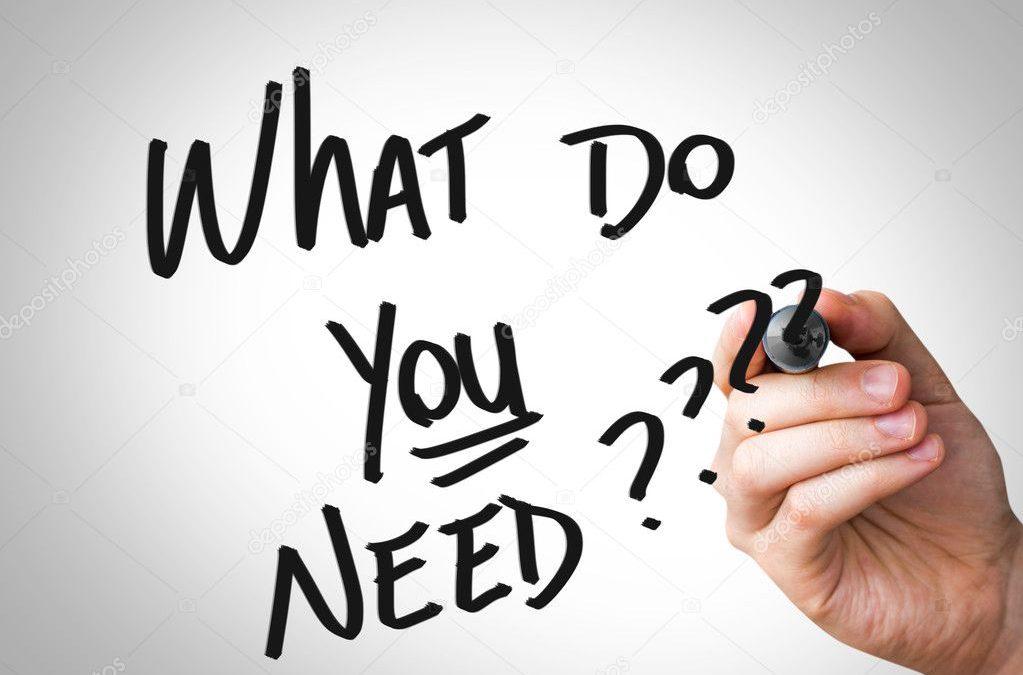Brice Oligui Nguema’s Presidency: A New Era for Gabon
In a remarkable development following a military coup,Brice Oligui Nguema has officially taken the helm as the president of Gabon. This transition occurs amid significant anticipation and trepidation regarding the future of democratic governance in the nation. Nguema’s ascension signifies a crucial juncture in Gabon’s political narrative,previously dominated by military rule. As he steps into this role, his leadership is poised to influence both domestic policies and international relations during this uncertain period.
Navigating Gabon’s Political Landscape Under Nguema’s Leadership
The recent rise of Brice Oligui Nguema to presidency places Gabon at a pivotal moment in its history. The decisions he makes and his approach to governance will be critical for shaping the nation’s democratic framework. Analysts are closely watching whether he will introduce reforms that could either bolster or hinder democratic practices within the country.This shift raises essential questions about civil liberties and political dialog as well as the military’s renewed influence over governance.
Nguema faces numerous challenges that could significantly impact stability within Gabon. Key areas to monitor include:
- The timeline established for transitioning back to civilian rule.
- Efforts aimed at fortifying state institutions while minimizing military control.
- Engagement with opposition groups and civil society organizations.
The actions taken by Nguema will be scrutinized by both local citizens and international observers who are eager to ensure that Gabon’s journey does not regress into authoritarianism.The equilibrium he maintains between enforcing order and upholding democratic values will ultimately determine not only his presidency but also the durability of democracy in Gabon moving forward.
Impact of Military Background on Civil Governance
Nguema’s elevation to power represents a notable change in leadership dynamics due largely to his extensive background in the military sector, having held several prominent positions including chief of armed forces. This experience raises significant considerations regarding how security concerns may take precedence over civil engagement under his management, possibly affecting interactions with society at large. Experts suggest that leaders with strong military ties often prioritize order enforcement which can lead both to stability but also risks suppressing dissenting voices.
A closer examination reveals various implications stemming from Nguema’s presidency:
- Security Focus: An emphasis on military protocols may provide stability during politically turbulent times.
- Civil Liberties: Heightened military involvement could restrict personal freedoms if governance trends towards militarization.
- Pursuit of Policy Goals: His defense-oriented background might shape decisions related to national security funding and foreign policy initiatives.
A comparative analysis with other regional leaders who have had similar backgrounds can shed light on potential outcomes:
| Name | Status Within Military | Efficacy on Governance Style | ||||||||||
|---|---|---|---|---|---|---|---|---|---|---|---|---|
| Alice Bongo Ondimba | Past Military Officer | Tackled economic issues yet faced public unrest | ||||||||||
| John Pombe Magufuli | Mature Army Veteran | Bolstered national pride while limiting media freedoms | ||||||||||
| Thomas Sankara td > | Captain td > | Implemented progressive reforms but encountered resistance td > tr > tbody > table >
Strategies for International Support in Gabon’s Political TransitionThe global community holds significant sway over fostering a stable political surroundings as Brice Oligui Nguema leads Gabrielle through this transitional phase. International partners should focus their efforts on promoting dialogue among diverse political factions while encouraging reconciliation processes across different groups involved in governance.
Additionally , multilateral organizations along with donor nations must vigilantly observe governmental progress concerning reform implementation . Such oversight can be enhanced through : p >
|

